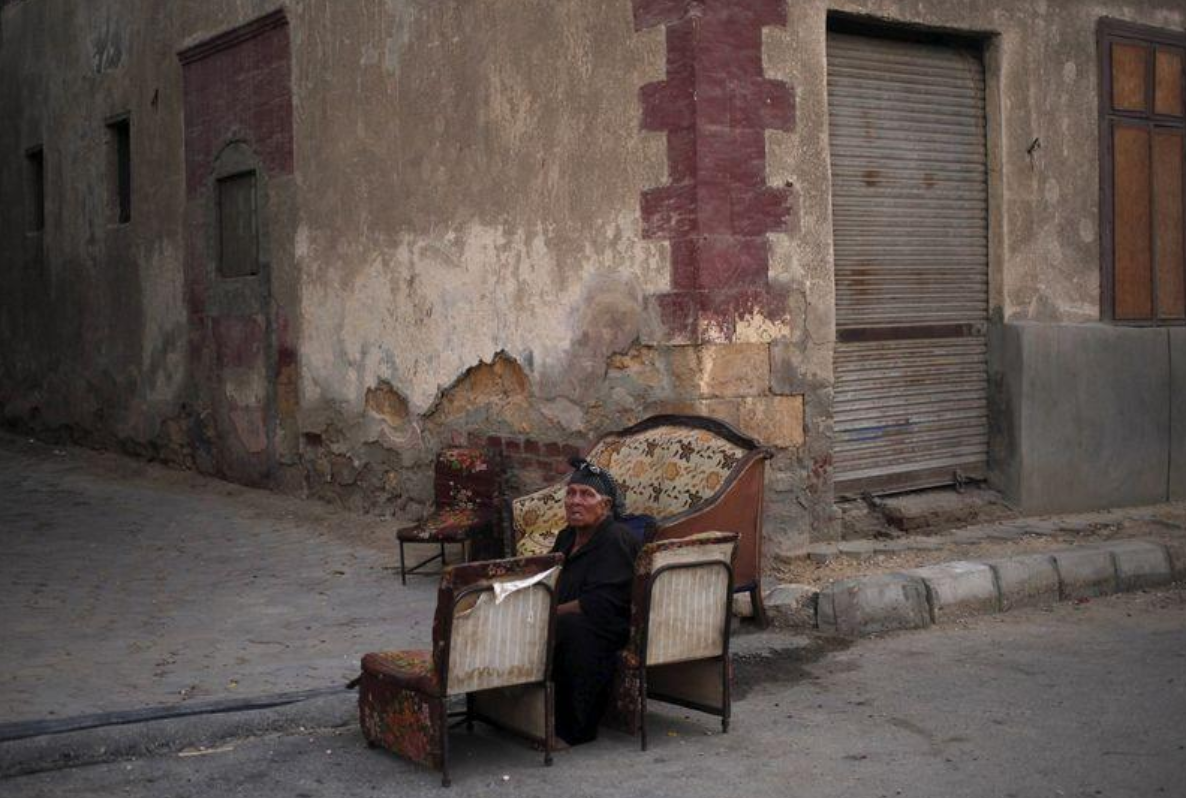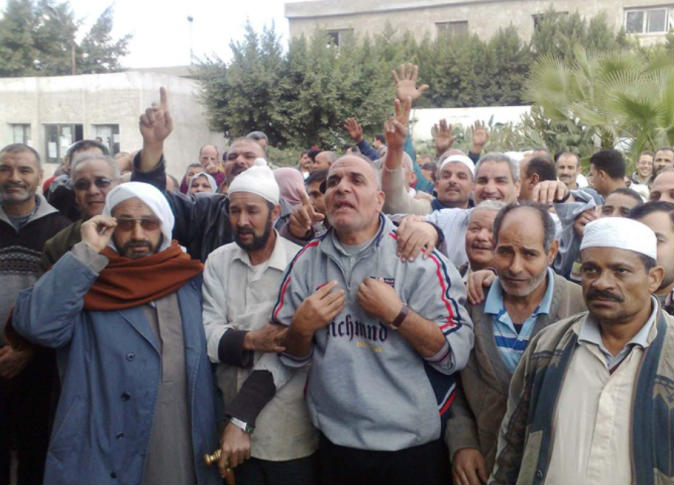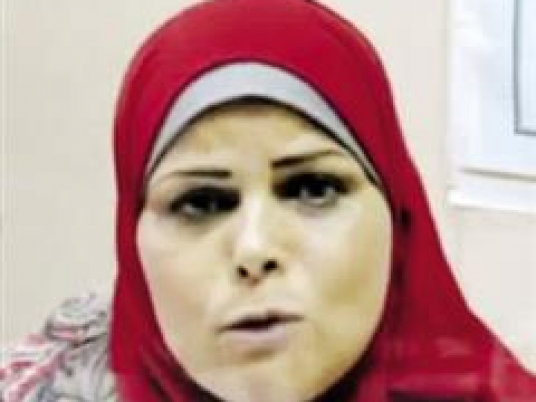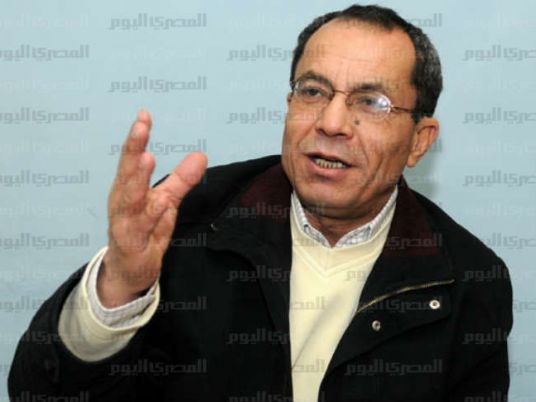A number of members of the Engineers Syndicate have launched a movement named "Marsad" aimed at creating awareness amongst syndicate members of their rights and the importance of participating in the upcoming syndicate elections slated for 25 November.
The Engineers Syndicate, one of the largest professional syndicates in Egypt, with some 475,000 members and 23 sub-syndicates, was placed under judicial protection in 1995 under a court injunction which approved the dissolution of the syndicate board.
On 14 August, an Egyptian court ordered the lifting of the judicial protection and the formation of an internal temporary committee to supervise the syndicate and its elections.
Throughout the judicial protection phase, syndicate activity was limited to service provision, such as the provision of discounted residential units and medical services to syndicate members, amid an apparent absence of any political or union role.
As is the case in most professional syndicates, the Muslim Brotherhood was the most active bloc within the syndicate over the past 16 years. However, following the 25 January uprising, a number of youth movements began to appear and participate, such as “Engineers for an independent Syndicate" movement.
The youth of the Marsad movement declared that they had no intention of nominating any of their members in the elections, saying their role for now would be limited to monitoring the elections.
"We have to ensure the syndicate’s independence,” said Marsad spokesman Amr Abu Tawila at a seminar organized on Saturday to introduce the public to the initiative. “The members’ roles should not be limited to electing a group of individuals, after which they do not monitor their performance or campaign programs promised to be implemented, which was the case in many syndicate and legislative elections under the previous regime."
Abu Tawila went on to say that "the youth must participate in the supervision of candidates and in raising awareness amongst the members in this matter, because the January revolution was originally a revolution of the youth.”
Political activist Wael Khalil, a supporter of the movement, said, "The syndicate must become one of the revolutionary tools used to achieve the workforce’s demands.
"We want several initiatives, such as Marsad and others to educate each member [on the importance of being] a monitor and an active person, and that the elected councils are at their service and not the other way around,” said Khalil.
He said that these movements must provide different models of the syndicate’s role and focus more on putting pressure on the government to change technical and engineering educational curricula in order to keep up with the contemporary job market, in addition to restructuring private and public sector corporate employment.
Official reports have indicated that unemployment rates in Egypt reached 10 percent in late 2010, and that graduates of engineering faculties and institutes made up a good proportion of the unemployed.
Many candiates have begun application procedures to run in the upcoming syndicate elections. However, activists within the union believe that Islamists, as represented in the Muslim Brotherhood and Salafi parties, are the most organized so far, and that the youth movements, which lack unity, will be unable to compete with the Islamists.
"The participation of the youth in the voting process will ensure that the traditional forces do not sweep the elections," said Khalil.
He cited the outcome of last week’s Doctors Syndicate elections, in which youth blocs won 70 percent of the seats, although Khairy Abdel-Dayem, who was endorsed by the Brotherhood, was voted as the syndicate head.
“Non-politicized youth initiatives are the best solution to help members to choose the most suitable candidates, and to prevent the syndicate from becoming an arena for political conflicts between political parties and movements,” said Khalil.
Translated from the Arabic Edition




